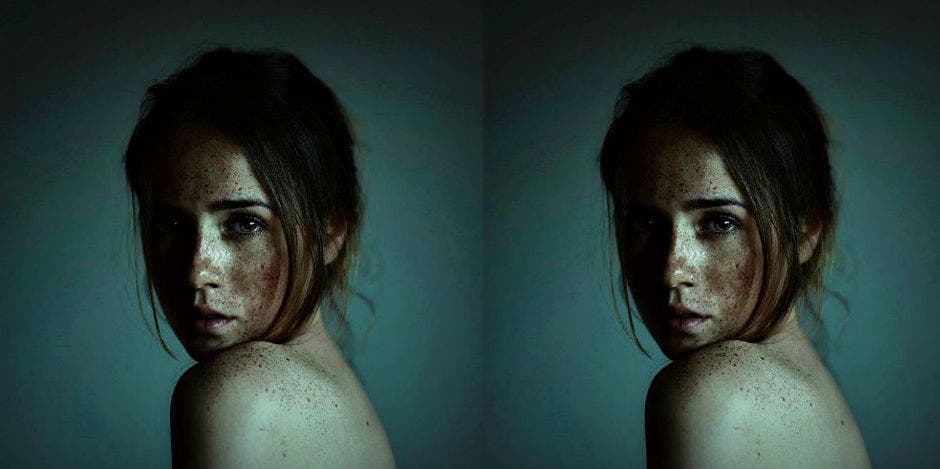What It's REALLY Like To Lose Your Sex Drive Before Age 30
I live with hypoactive sexual desire disorder, a medical condition that has taken away my sex life.
 WeHeartIt
WeHeartIt I remember sitting in my high school sex education class learning that women reach their sexual prime in their 30s. Well, 30 is here, and I have absolutely no sexual desire for my husband who I've been with for the five most wonderful years of my life.
That's because I live with hypoactive sexual desire disorder (HSDD), a medical condition that's taken a vital and beautiful part of my marriage from me: my sex life.
Some women experience low libido off and on. For them, it ebbs and flows based on stress at work, issues with their kids and fights with their partners. But not for me.
HSDD, or distressing low sexual desire, is caused by an imbalance of chemicals in my brain and because of it, no matter what I do, I will never achieve the sexual desire I once had.
When I met my husband five years ago, we had instant chemistry. At the time, I was the lead singer in a band, exuding sexy confidence on stage each night as I performed. I was in my 20s and felt on top of the world.
I gave birth to my first child three years ago and like a switch, I lost all desire.
I casually brought this concern up to my friends and physicians and was met with the same response: "This is normal. Your desire will come back." I waited and waited — three months, six months, nine months — desperately hoping my desire would return like everyone kept assuring me. I continued to be intimate with my husband out of obligation and each time I hoped to feel something, anything.
A year and a half later, I gave birth to my second child. Still, my desire was nowhere to be found. Desperately seeking answers, I went back to my physician who prescribed me an antidepressant.
I didn’t understand why this was happening to me. I was married to the man of my dreams, had no outside stressors impacting my life, and I was a mother to two wonderful children. Aside from my life inside the bedroom, I was happy.
But I took the antidepressants to see if it would help, even though I wasn't depressed. Nothing.
While she acknowledged that I had a medical issue, my physician had no other alternatives for me to try. I talked about my lack of libido with my OB/GYN as well but similarly, she had no other options for me. Therapy wasn't an option because there were no other issues in my marriage, only my lack of desire.
I did end up getting an IUD as my form of birth control, and my OB/GYN noted that it could possibly help my lack of desire due to synthetic progesterone, but I still haven’t noticed a difference nearly a year later.
Living without any sexual desire whatsoever for the man I love is a reality I have to live with every day.
I continually see people — strangers — commenting online in articles about HSDD, telling me that my libido may be low because I've had a bad day or that I should hire a housekeeper or a babysitter for time away from my kids to solve my desire issues. Or that maybe my husband isn’t a good guy and I'd be better off with someone who bought me flowers or chocolate to get me in the mood.
These type of "solutions" are offensive, mocking and dismissive of legitimate health issue that I and 16 million other women in the U.S. experience every day.
Every day, I go to sleep not wanting sex with my husband, which puts a huge strain on our relationship and marriage. My husband and I are fantastic communicators and we're trying to muscle our way through this, although there's currently no treatment.
It's my deepest hope that a change is on the horizon.
I attended an FDA meeting in early June, where a group of experts recommended approval of a drug called flibanserin, which would be the first and only treatment option for women with hypoactive sexual desire disorder. Experts discussed the medication’s most commonly reported side effects, including dizziness and nausea, which isn't unlike the multivitamins I buy,or many other medications on the market.
While some question whether the benefits outweigh the side effects, it's my hope that I have the option to determine what's best for me with my doctor. But that's the key word: option. I want to have a choice I can discuss with my doctor.
I'm 30 years old and I want my sexual desire back.
I want to enjoy my sexual prime with my husband. But it's not just about me; it's about the millions of other women suffering from HSDD who want — and deserve — to do the same.

